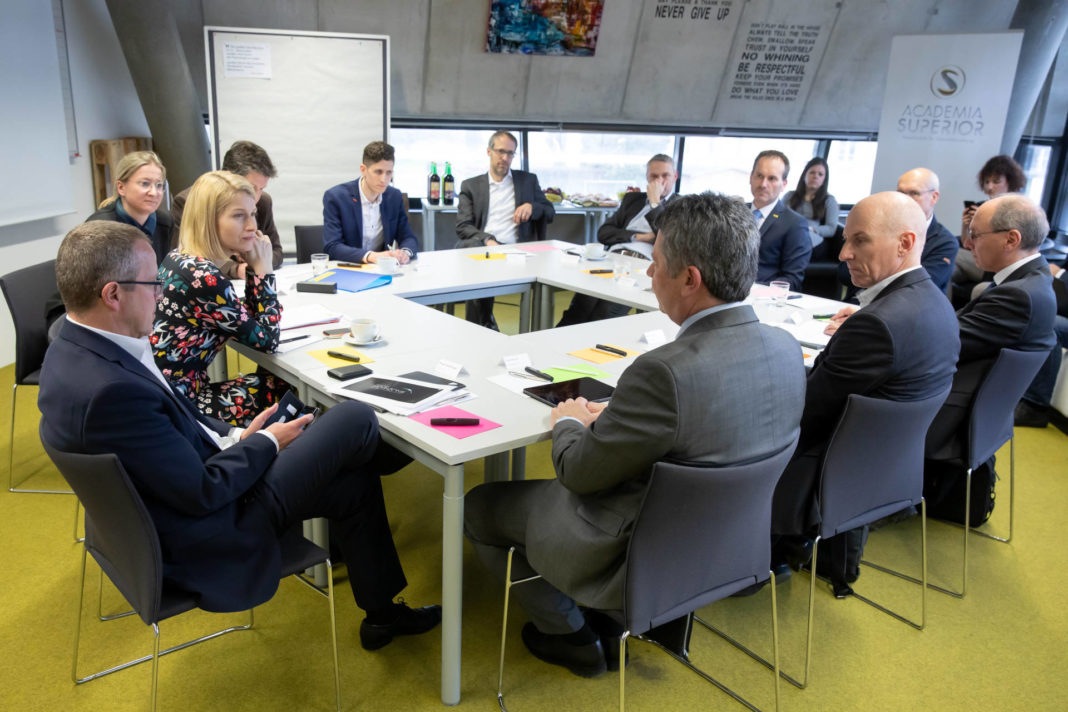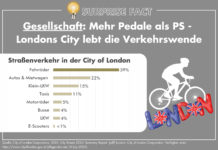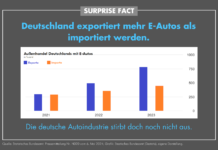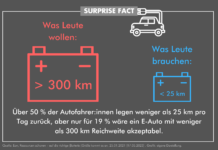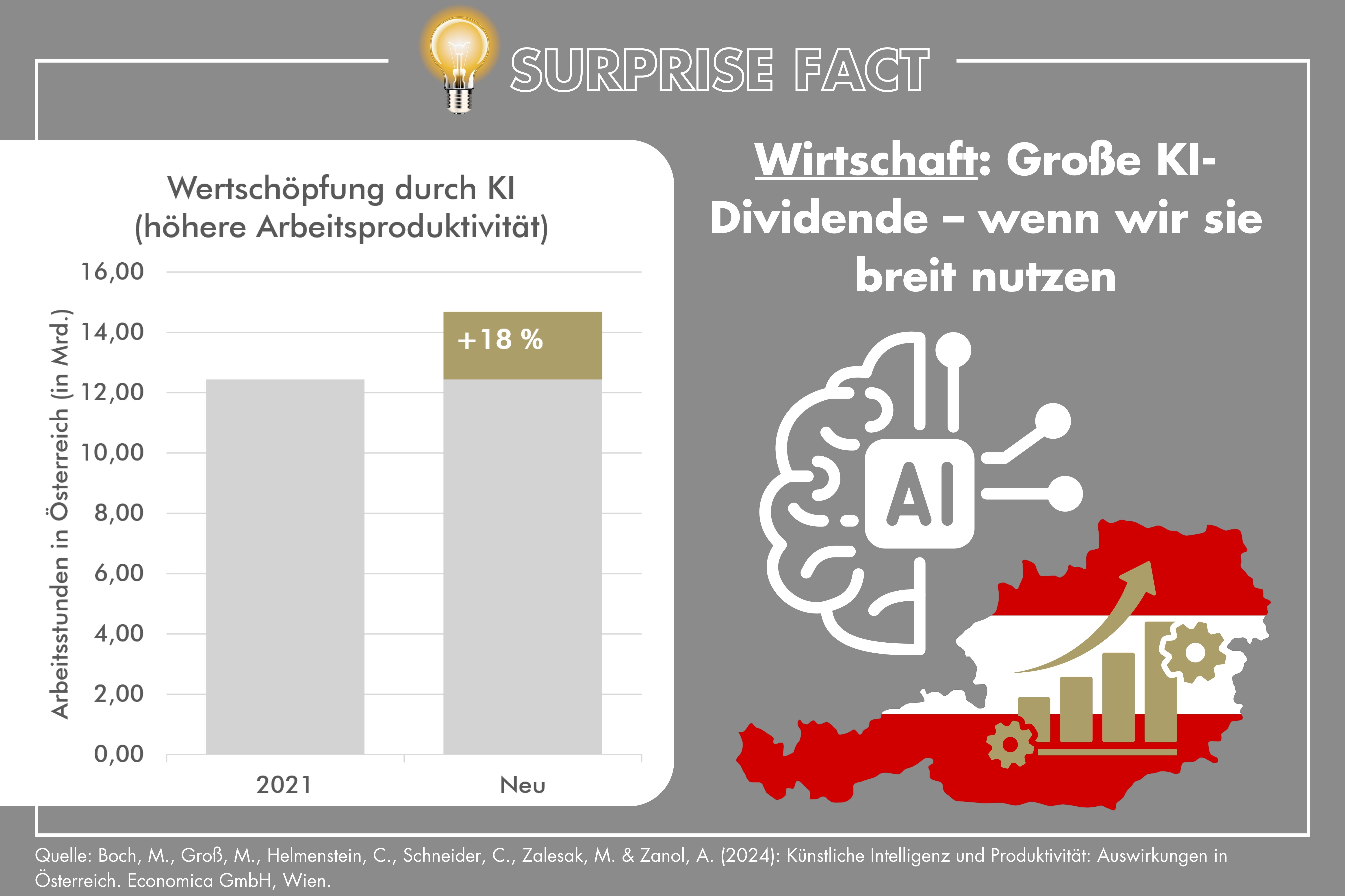Im Mobilitätsbereich stehen große Umbrüche bevor. Mit autonomen und vernetzten Fahrzeugen, Flugdrohnen, Hyperloops, Wasserstoff‑, Elektro- und Hybridantrieben stehen eine Reihe von neuen Technologien bereit, um unsere Mobilitätsgewohnheiten radikal zu verändern. Doch wohin die Reise in Zukunft gehen wird und welche Technologien sich letztlich durchsetzen, scheint unklar. Gleichzeitig geht es darum, den CO2-Ausstoß sowie den Energie- und Flächenverbrauch durch Straßen und Parkplätze zu reduzieren; all das vor dem Hintergrund eines weiter ansteigenden Verkehrsaufkommens und dem Ziel, Mobilität für alle mit Lebensqualität zu ermöglichen. Welche kulturellen Veränderungen wird dieser Entwicklungsprozess anstoßen? Was wird die zukünftige Rolle des öffentlichen Verkehrssystems sein und wie wird sich das Nutzungsverhalten der Menschen dadurch verändern?
Eine Talkrunde mit Vertretern der heimischen Mobilitätsbranche zu diesen Fragen organisierte ACADEMIA SUPERIOR gemeinsam mit Die Fabrikanten aus Linz. LH-Stv. Mag. Christine Haberlander, Obfrau von ACADEMIA SUPERIOR, dazu: „Die ‚eine‘ Lösung gibt es nicht. Es gilt im Land Oberösterreich die Diskussion offen zu führen, um eine Vision für Oberösterreichs Mobilität im Jahr 2040/50 zu finden“.
Stadt und Land brauchen eigene Lösungen
Die anwesenden Experten waren sich einig: Die Zukunft der Mobilität wird durch eine Vielzahl von Mobilitätslösungen geprägt sein, die gut vernetzt sein müssen. Der urbane und der ländliche Raum müssen in einem gemeinsamen System gedacht werden, brauchen jedoch unterschiedliche Verkehrslösungen, da sie verschiedene Voraussetzungen haben. Eine Reduzierung des Bedarfs an Mobilität erscheint unrealistisch und autonome Fahrzeuge werden in Zukunft das Aufkommen des Individualverkehrs eher erhöhen als reduzieren. Ein geringeres Verkehrsaufkommen und weniger Energieverbrauch kann daher nur durch mehr Effizienz erreicht werden. Dem öffentlichen Verkehr kommt dabei eine Schlüsselrolle zu. Er muss so effizient und ‚bequem‘ gemacht werden, dass er den unterschiedlichen Bedürfnissen der Menschen nachkommt. „Unser heutiges Verkehrskonzept kommt noch aus den 1980er Jahren. Es muss dringend an die neuen Gegebenheiten angepasst werden“, betonte ein Teilnehmer der Diskussion.
Im urbanen und überregionalen Bereich wird die Zukunft des öffentlichen Verkehrs auf der Schiene liegen – nur so lassen sich große Mengen an Menschen effizient transportieren. Im ländlichen Raum hingegen bleibt die Straße die primäre Option. Hier könnten neue „Mikro-ÖV-Konzepte“ (Mikro-Öffentlicher-Verkehr) Nahmobilitätsangebote für den Personenverkehr ermöglichen und den öffentlichen Verkehr am Land aus seinem Dornröschenschlaf wecken. Auch mit den neuen autonomen Flugdrohnen für Personen, die in den Startlöchern stehen, lässt sich die genannte Problematik nicht entschärfen. „Flugdrohnen werden die Lösung sein, wenn es darum geht, schnell von A nach B zu kommen. Als Massenverkehrsmittel eingesetzt, werfen sie dieselben Fragen auf wie PKWs heute“, so ein Teilnehmer.
Doch auch Veränderungen in der Berufswelt können ihren Beitrag leisten: „Wenn Telearbeit überall dort, wo sie möglich ist, eingesetzt würde, müssten viel weniger Menschen jeden Tag in die Arbeit fahren. Dies könnte vor allem den Pendlerverkehr deutlich reduzieren“, zeigte ein Teilnehmer eine Lösung auf. Die Versuche, das Verkehrsaufkommen durch Car-Sharing und Fahrgemeinschaften zu reduzieren, haben bisher erst kleine Erfolge. Obwohl man durch die Anhebung der Fahrzeugbesetzung von derzeit 1,1, Personen auf 1,5 Personen den gesamten Stau in Linz beseitigen könnte, scheitert es an zutiefst menschlichen Faktoren. Denn Umfragen dazu brachten überraschende Erkenntnisse: Die meistgenannten Gründe gegen Fahrgemeinschaften waren, dass die Betroffenen keine morgendlichen Gerüche fremder Menschen im Auto haben möchten und dass man die Ruhe und Zeit für sich selbst genießt, wenn man alleine im Auto sitzt.
Zentrales Anliegen der Diskussionsteilnehmer war die Entwicklung einer Vision, welche Bedürfnisse und Ziele das Verkehrssystem und die Mobilität in 30 Jahren erfüllen soll. Denn erst dann kann darüber nachgedacht und ein Konsens gefunden werden, welche Veränderungen es braucht, damit diese Ziele erreicht werden.
Mitdiskutiert haben Vertreter von FACC AG, voestalpine AG, Fronius International GmbH, Energieinstituts an der JKU Linz, KTM E‑Technologies GmbH, Miba eMobility GmbH, FH Oberösterreich, ÖAMTC OÖ und Stern Holding GmbH.
Tipp: Unter mobility.fabrikanten.at können Interviews mit Expert*innen zur Zukunft der Mobilität abgerufen werden.


